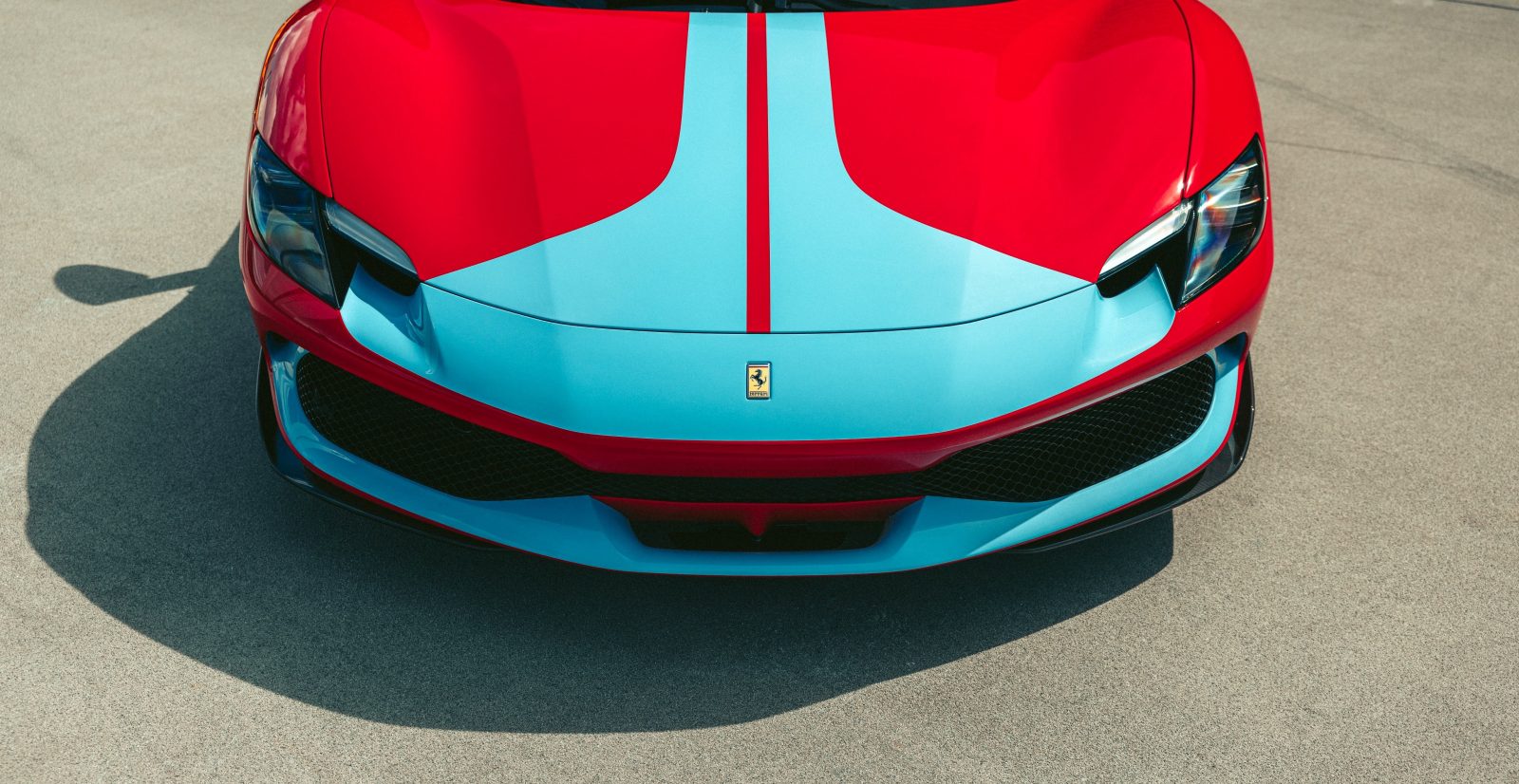
Ferrari (RACE) will continue to develop and build internal combustion engines (ICE) well into the late 2030s despite calls from several of its key markets to adopt EVs. According to Ferrari’s CEO, the automaker will continue to build ICE vehicles as “an essential part of the company’s heritage.”
Ferrari still resists EVs and will continue to build ICE cars
Although Ferrari models are known for quick acceleration, the automaker is moving at a sluggish pace toward zero-emission electric vehicles.
Although most automakers are targeting at least 30% to 50% EV sales by 2025, Ferrari plans to release its first fully electric vehicle that year, making up just 5% of total sales by 2026.
For some time now, Ferrari has resisted pure EVs citing the technology as “not ready” for use in supercars. Despite this, electric technology offers more power and instant torque.
Several startups and automakers are advancing technology to prove it, such as the all-electric Lotus Evija, with over 2,000 hp (1,500 kW) and 1,256 lb-ft of torque (1,704 Nm) for an impressive 0 to 186 mph in just over nine seconds.
Ferrari CEO Benedetto Vigna recently told the BBC that the company would be “arrogant” to dictate what customers can buy despite calls for sustainable transportation. Vigna added that Ferrari would continue to resist EVs and instead build ICE cars, building on “an essential part of the company’s heritage.”
Despite several major auto markets banning the sale of new ICE vehicles, the EU recently agreed on a synthetic e-fuels provision, giving Ferrari the green light to continue building ICE vehicles.
Last year, Ferrari revealed it would strive to become carbon neutral across its value chain by 2030 through new renewable energy and materials, in addition to the automaker’s electrification journey.
Ferrari currently offers four hybrid models but still has no pure EV plans until 2025. The automaker expects fully electric vehicles to represent 40% of its fleet by the end of the decade.
Electrek’s Take
Ferrari is missing the idea here. As many automakers are using the electric era to redesign the brand, Ferrari is sticking to its “heritage.”
As the late Steve Jobs, one of the most influential disruptors of all time, once famously said:
Some people say give the customers what they want, but that’s not my approach. Our job is to figure out what they’re going to want before they do. I think Henry Ford once said, ‘If I’d ask customers what they wanted, they would’ve told me a faster horse.’ People don’t know what they want until you show it to them. That’s why I never rely on market research. Our task is to read things that are not yet on the page.
Top comment by RedCoathanger
Ferrari sold 13,221 cars in 2022.
I believe they are as close to unique as any car brand. Many of their cars are viewed as collectible/investment grade.
What they choose to do until regulations force them to change is truly not meaningful in the electrification of the auto industry.
I know other brands are even lower in production numbers, Bugatti as an example. However, Ferrari holds a unique place in automotive history.
We are already seeing this happen in the auto industry, with the Tesla Model Y on track to become the best-selling passenger vehicle globally. In fact, both the Tesla Model Y and Model 3 cracked the top ten best-selling cars globally last year.
Although Ferrari has built a solid image over the years as one of the top sports car makers, buyers’ habits are changing. Consumers are becoming less concerned with brands and more with a vehicle’s performance and technology.
Ferrari waiting until 2025 to launch its first EV, delaying electrification further, could cost it in the long run. Buyers are converting to electric at a record pace, and the technology will only continue to advance from here, resulting in more power, less weight, and reduced costs.
If Ferrari doesn’t build an electric supercar, plenty of startups and other automakers are looking to take its place in the luxury sports car market.
FTC: We use income earning auto affiliate links. More.



Comments